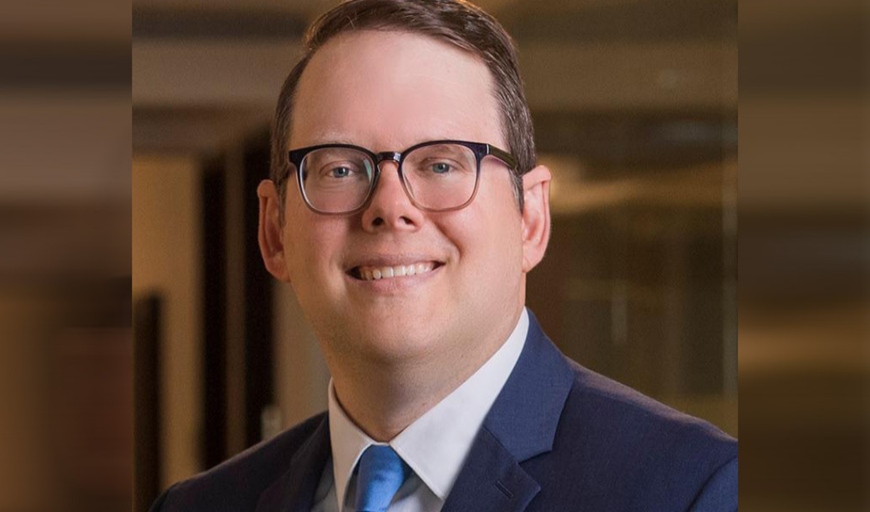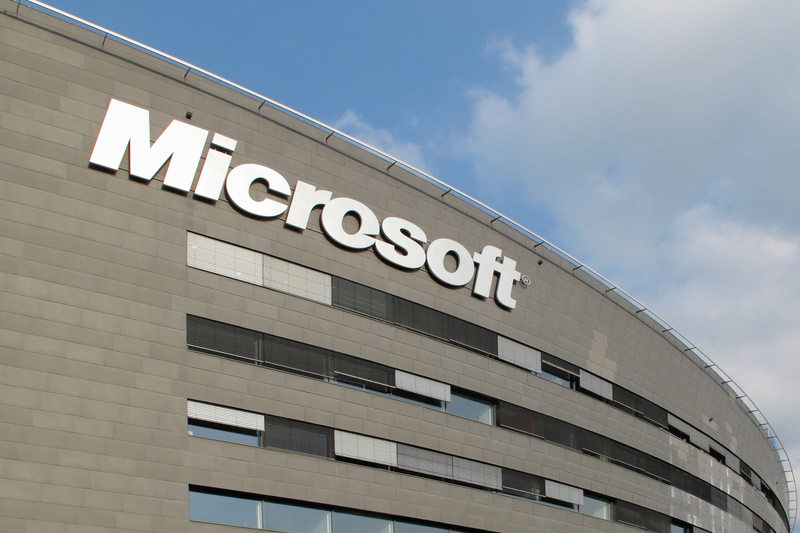A pact was finalized today between the Screen Actors Guild-American Federation of Television and Radio Artists (SAG-AFTRA) and representatives from the music industry, prohibiting record labels from utilizing artificial intelligence to replicate actors’ voices.
Under the agreement, as stated by union executive chairman and lead negotiator Duncan Crabtree-Ireland, any use of AI tools for voice replication requires explicit written consent from the artist. This consent must be separate from the main actor agreement or royalty deal.
The partnership, which includes major players like Warner Music Group, Sony Music Entertainment, Universal Music Group, and Disney Music Group, stands alongside SAG-AFTRA in this decision.
Studios are mandated to provide detailed information on the intended use of digital replicas, rather than relying on broad agreements that allow unlimited usage. Artists must be fully informed before consenting to the replication of their voice.
In cases where a recording featuring a modern replica is released without consent, the artist has the right to request its removal. They can also seek arbitration or claim financial compensation for such unauthorized use.
Crabtree-Ireland mentioned that elements of this collaboration, such as the consent model, were influenced by previous negotiations with producers and streaming services. Discussions with the Alliance of Motion Picture and Television Producers (AMPTP) led to a global strike by SAG-AFTRA and Writers Guild of America members.
The new agreement with record labels includes a substantial 26% increase in performers’ wages and outlines a specific compensation structure for the utilization of artificial or synthesized voices, distinct from human performers’ voices.
Looking ahead, Crabtree-Ireland emphasized the need to continuously update AI-related regulations to keep pace with technological advancements and address areas requiring enhancement.
In a broader context, efforts are being made by regional policymakers to protect the interests of actors, musicians, and writers from unauthorized use of their work in training AI models. Proposed legislation like the Generative AI Copyright Disclosure Act aims to enhance transparency in AI model training funding sources.
Crabtree-Ireland highlighted the significance of national legislation, such as the “No Fakes Act,” to establish clear rights regarding the control of one’s image, voice, and likeness in artificial technologies.
The ultimate goal is to secure consent rights for individuals in the realm of AI technology, with ongoing discussions and legislative efforts shaping the landscape of digital rights protection.
Edited by Ryan Ozawa.










